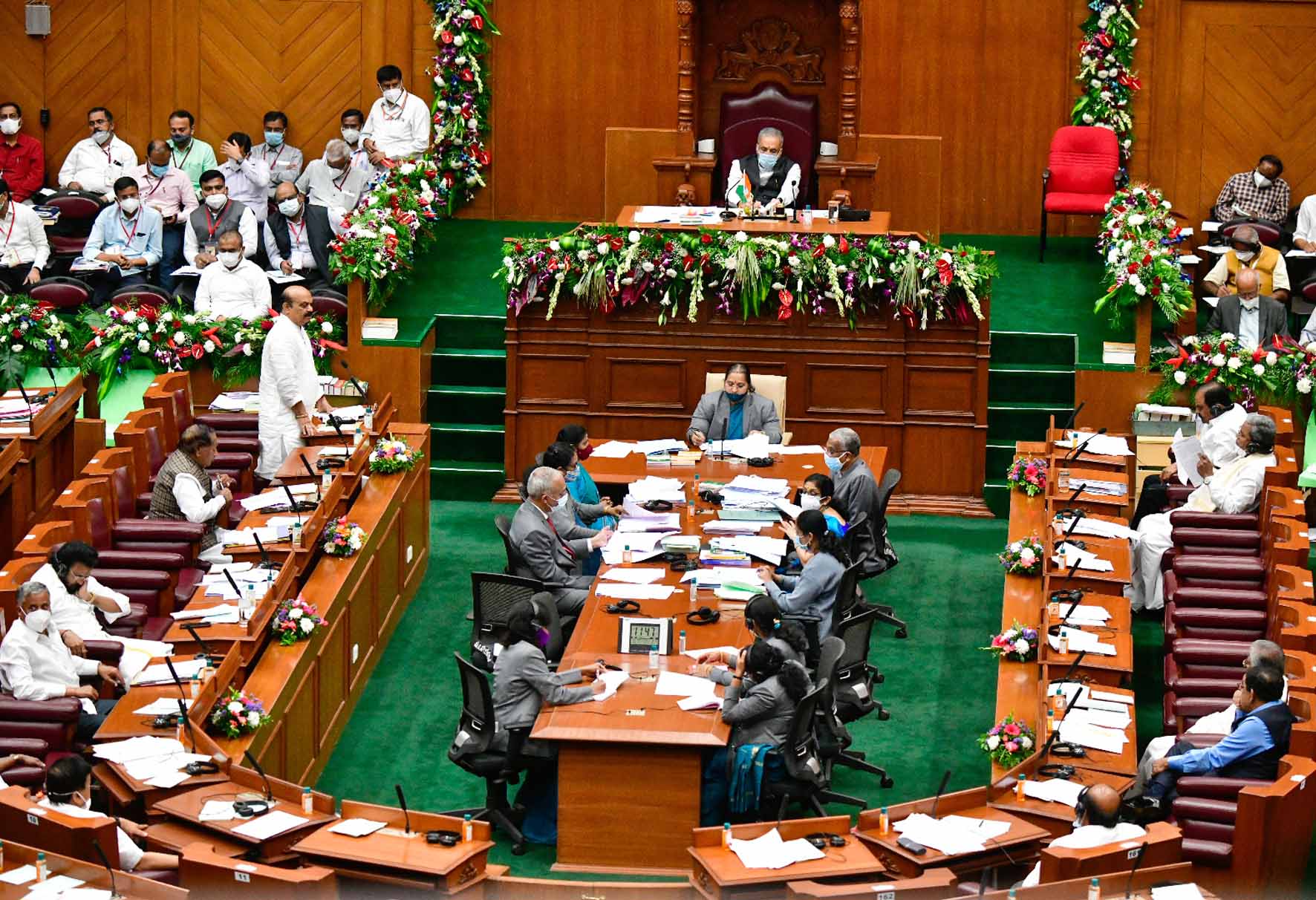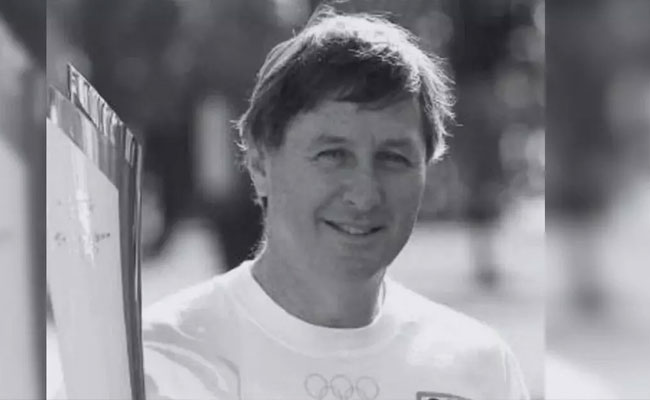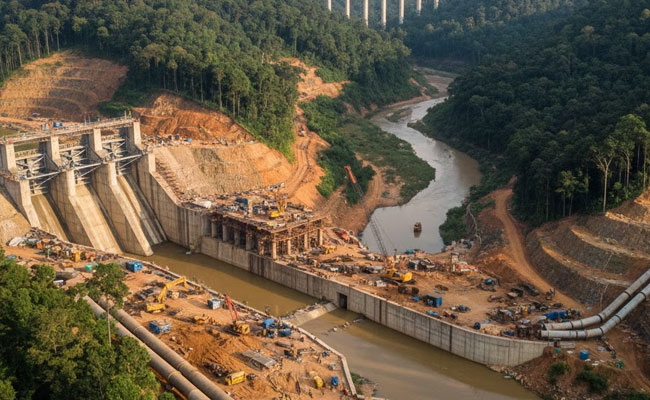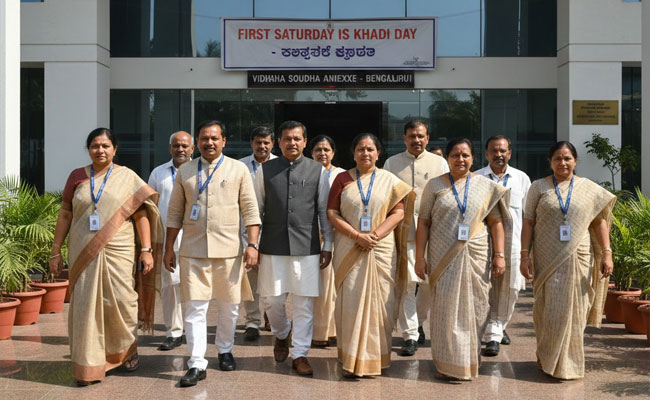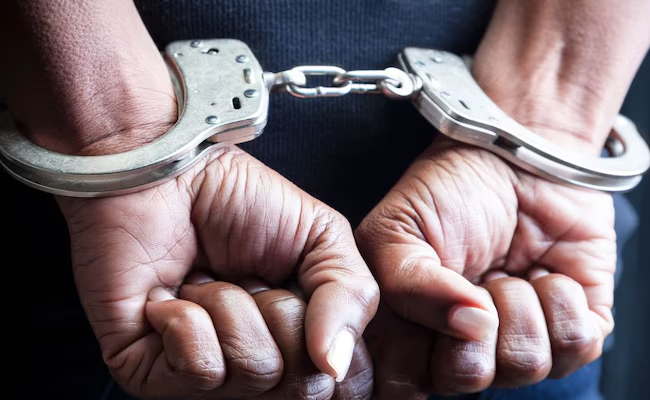Bengaluru, Mar 30: Need for stronger anti-defection law, making voting compulsory, functioning of the Election Commission and ending nexus between political parties and corporate bodies, were among the issues that came up for discussion during a special debate on electoral reforms in the Karnataka Legislative Assembly on Wednesday, before it was adjourned sine die.
Leader of Opposition Siddaramaiah expressed concerns over the deteriorating electoral system in the country since 1970s; while Chief Minister Basavaraj Bommai expressed hope citing the innate strength among the people of the country to protect democratic system and values, despite diversity.
Participating in the debate, Bommai said, "India's democratic system has stood the test of time and we have been able to protect it. There is a smooth transfer of power in our country after every election, when compared to several developed countries, including the US."
Stating that there is no need for getting disheartened about the present electoral system, compared to the past, he said he has confidence in youngsters and changes in technology that is trying to bring in some kind of transparency.
"Certain percentage of voters may get infused, but normally every voter wants his vote to win...a voter observes everything, whether he takes allurements or not, most of the voters do (vote) according to what is in his or her mind," he said, adding that political parties need to understand this, as making people corrupt is the greatest sin.
Siddaramaiah during his intervention expressed concern about growing nexus between political parties and corporate bodies and said they have now reached a position of controlling governments, whichever party they may be from. "Also electoral bonds should be completely stopped," he said.
Advocating for strong laws to protect the electoral system, he felt that there should be a collegium system to make appointments to the Election Commission.
Noting that other bodies of the constitution and society on the whole are also responsible for the deterioration of the electoral system, he stressed on the need for liberating it from the mafia, money and caste.
However, former Chief Minister B S Yediyurappa said, despite allurements of money, liquor, and caste factor, voter when he goes to the polling booth votes according to his conscience, and that is what is safeguarding democracy and the system so far.
Senior Congress Leader and former Speaker Ramesh Kumar stressed the need for strengthening the tenth schedule of the Constitution that deals with anti-defection and making voting mandatory.
Speaker Vishweshwar Hegde Kageri, calling on the youth to become caretakers of the democracy and the parliamentary system, said, "My vote is not for sale" should become a mass movement.
He said he will bring to the notice of constitutional bodies, including the Election Commission, about the Karnataka assembly 's debate on electoral reforms and suggestions made.
JD(S) leader and former Chief Minister H D Kumaraswamy said the Election Commission should clarify doubts regarding the credibility of the Electronic Voting Machines, and called for an open discussion in this regard.
He also said that there should be discussion and accountability must be fixed regarding missing EVMs, which was pointed out by senior Congress MLA H K Patil.
During the debate on electoral reforms on Tuesday, citing RTI reports, Patil had said almost 19 lakh EVMs were missing and nobody knows where they have gone.
Reacting to Patil's statement, Speaker Kageri had said he would use his office to seek an explanation from the Election Commission on where 19 lakh EVMs are.
Let the Truth be known. If you read VB and like VB, please be a VB Supporter and Help us deliver the Truth to one and all.
Melbourne (PTI): Former Australian hockey player Michael Nobbs, who coached the Indian men's team at the 2012 London Olympics, has died after a prolonged illness.
He was 72 years old and is survived by his wife Lee Capes, a former Australian women's international and daughter Kaitlin, who is a current Hockeyroos star.
"Hockey Australia extends its deepest condolences to Michael’s family, friends, former teammates, players and all those whose lives and careers were shaped by his contribution to hockey. He will be remembered as a proud Kookaburra, a respected professional, and a servant of the sport," Hockey Australia said in a statement.
Nobbs represented Australia as a defender, playing across the half-back line and at fullback, and was renowned for his reliability, fitness and professionalism. He earned 76 international caps for Australia between 1979 and 1985, scoring one goal, and was a member of one of the strongest eras in Australian men’s hockey, said Hockey Australia on its website in its tribute.
Nobbs was an integral part of the Australian teams that competed at the 1981 Hockey World Cup in Bombay and the 1984 Los Angeles Olympics.
While part of a generation widely regarded as one of Australia’s finest, he consistently held his place through hard work, discipline and trust earned from teammates and coaches, Hockey Australia wrote.
Nobbs took over the coaching of the Indian men's team in 2011 after it had failed to qualify for the Beijing Games in 2008. While India were brilliant in the qualifiers, the team finished last at the London extravaganza which also expedited the Australian coach's sacking.
Apart from India, Nobbs also coached Japan.

